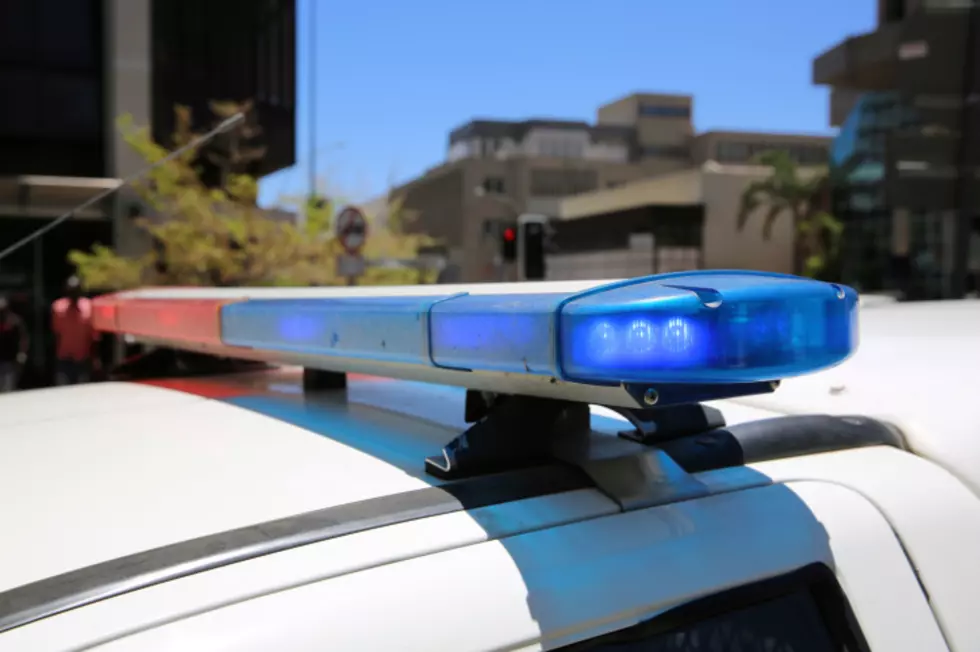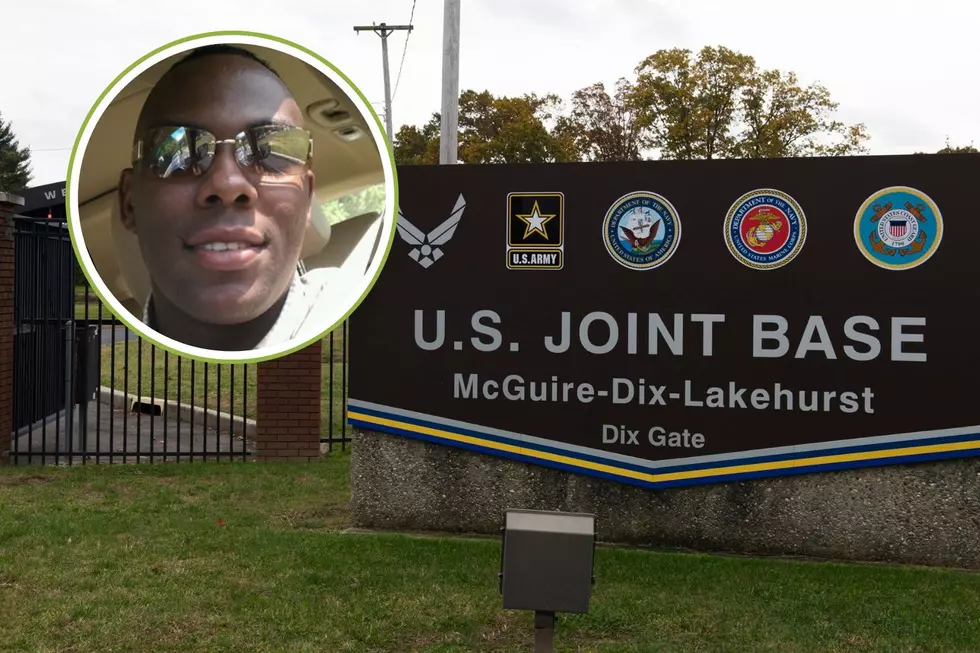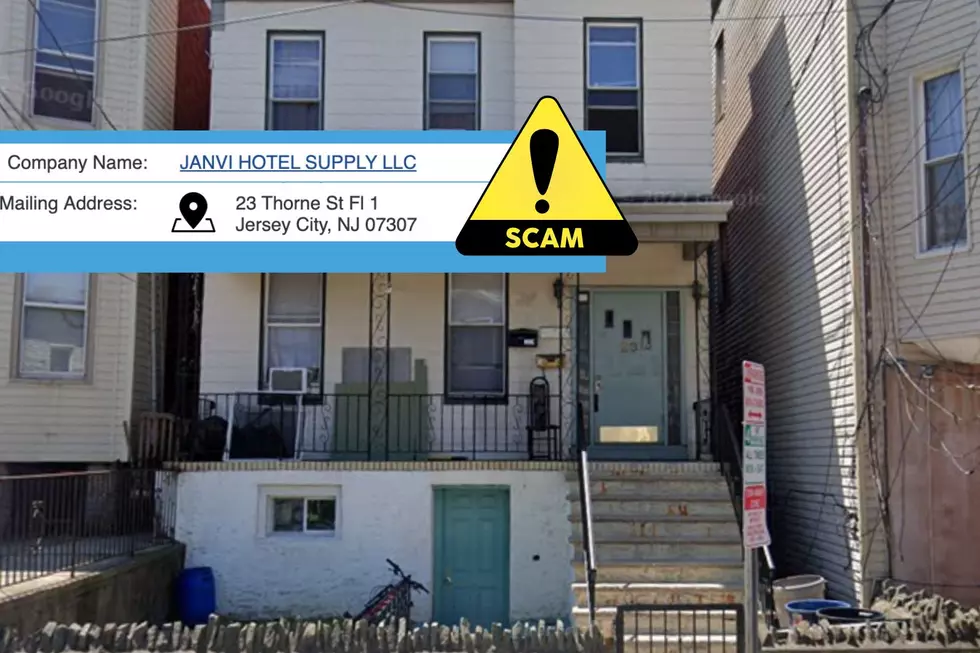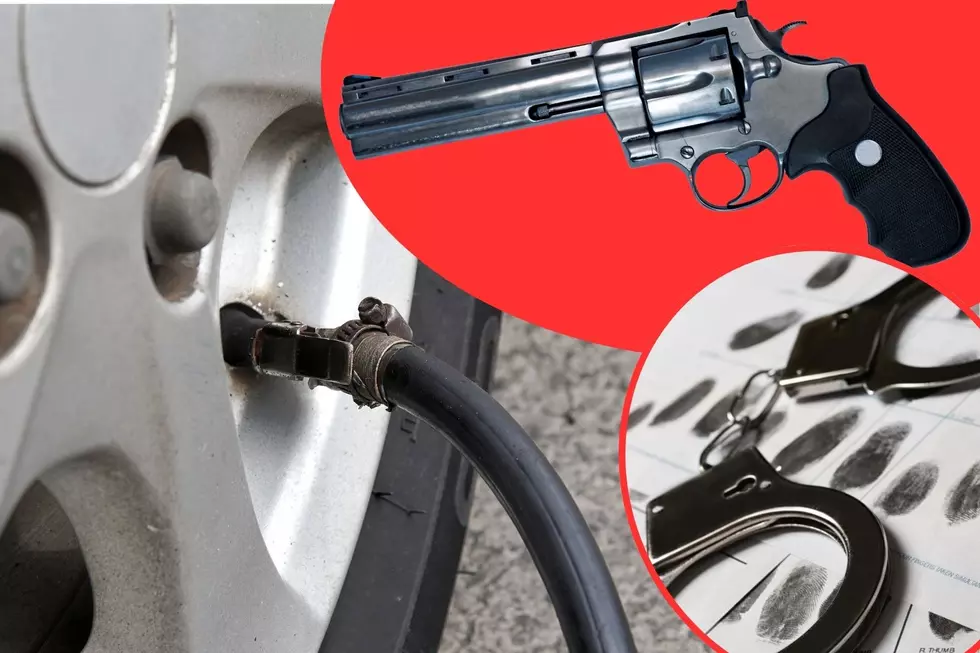
NJ cops confiscate property of the innocent — These towns grabbed the most
In just five months in 2016, police officers in New Jersey seized $5.5 million from people without having to prove that any were guilty of crimes, according to a new report from the American Civil Liberties Union of New Jersey.
The confiscations — which included cash, 234 cars, baseball cards, an iPod, six pairs of shoes, 10 laptops and even a condom (unused) with vibrator — are known as civil asset forfeitures, a process that has been criticized by civil liberties advocates on both the left and the right of the political spectrum.
The ACLU report found that people of color and lower-income communities were disproportionately affected by the seizures.
The law allows police to confiscate cash and property that they suspect is tied to crime. They can take this property without seeking a conviction against the owners — or even charging them with a crime.
After confiscating the property, law enforcement agencies file a lawsuit in Superior Court against the property (not the owner.) The owner then has to incur the expense of fighting the lawsuit in order to win back the property. Often, people lose their property by default because they didn't bother to challenge the seizure. Unlike in criminal cases, the government has a lower standard of proof to meet, meaning they are more likely to be successful in beating a legal challenge.
Top hauls by municipality
Below are the municipalities that raked in the most money through forfeitures during a 2016 five-month period analyzed by the ACLU. For the full map, click here.
Newton: $660,025
# of actions: 9
# of cars: 4
Fort Lee: $419,193
# of actions: 17
# of cars: 12
Warren: $291,187
# of actions: 2
# of cars: 1
Newark: $282,073
# of actions: 175
# of cars: 4
Union: $266,858
# of actions:6
# of cars: 3
Jersey City: $148,627
# of actions: 346
# of cars: Zero
Paterson: $145,537
# of actions: 93
# of cars: 2
Trenton: $143,309
# of actions: 79
# of cars: 16
Camden: $111,872
# of actions: 31
# of cars: Zero
Elizabeth: $93,272
# of actions: 31
# of cars: 5
Toms River: $88,918
# of actions: 37
# of cars: 4
Hoboken: $72,488
# of actions: 21
# of cars: 1
Lower Township: $62,271
# of actions: 1
# of cars: Zero
Dover: $58,701
# of actions: 2
# of cars: Zero
Orange: $55,478
# of actions: 17
# of cars: 1
Brick: $55,050
# of actions: 14
# of cars: 6
Officials who defend this practice say it keeps gangsters from using criminal proceeds to fund their enterprises. But critics say it is being abused and has become a money-making tool for police departments. In some cases, police have confiscated cash from small business owners transporting money to a bank.
In Gov. Chris Christie's last year in office, he vetoed a measure that would have required prosecutors to publish an accounting of such assets, saying that kind of transparency would "hamper ongoing law enforcement operations." Local agencies are supposed to report their forfeitures to the state Attorney General's Office, which does not make that information public.
The libertarian Institute for Justice has said that New Jersey's "civil forfeiture laws are some of the worst in the country, earning a D-."
"Innocent owners bear the burden of proving that they had nothing to do with the alleged criminal use of their property," the IJ said in a national analysis of civil forfeiture. "Even worse, Garden State law enforcement enjoys a hefty financial incentive to seize: Local law enforcement agencies retain 100 percent of forfeiture proceeds. And when the state attorney general’s office brings a forfeiture case, it retains 95 percent of proceeds; the remaining five percent it deposits into the Hepatitis Inoculation Fund."
Writing for the conservative Heritage Foundation last year, policy analyst Jason Snead said New Jersey needed to reform its forfeiture law.
"No government agency – not even one as honorable and vital to civil society as law enforcement – should be able to generate revenue through the forcible seizure of property, in near-total secrecy," he said.
ACLU-NJ Policy Counsel Dianna Houenou said the advocacy group would like to see the practice end altogether. In the meantime, the ACLU recommends some changes:
— Prohibit forfeiture without convictions.
— For forfeiture proceedings in court, require criminal-level burden of proof beyond a reasonable doubt and the right to an attorney.
— Don't allow local police departments to keep any of the proceeds from forfeitures in order to remove the profit motive.
— Require transparency and accountability.
Sergio Bichao is deputy digital editor at New Jersey 101.5. Send him news tips: Call 609-359-5348 or email sergio.bichao@townsquaremedia.com.
More From New Jersey 101.5 FM









